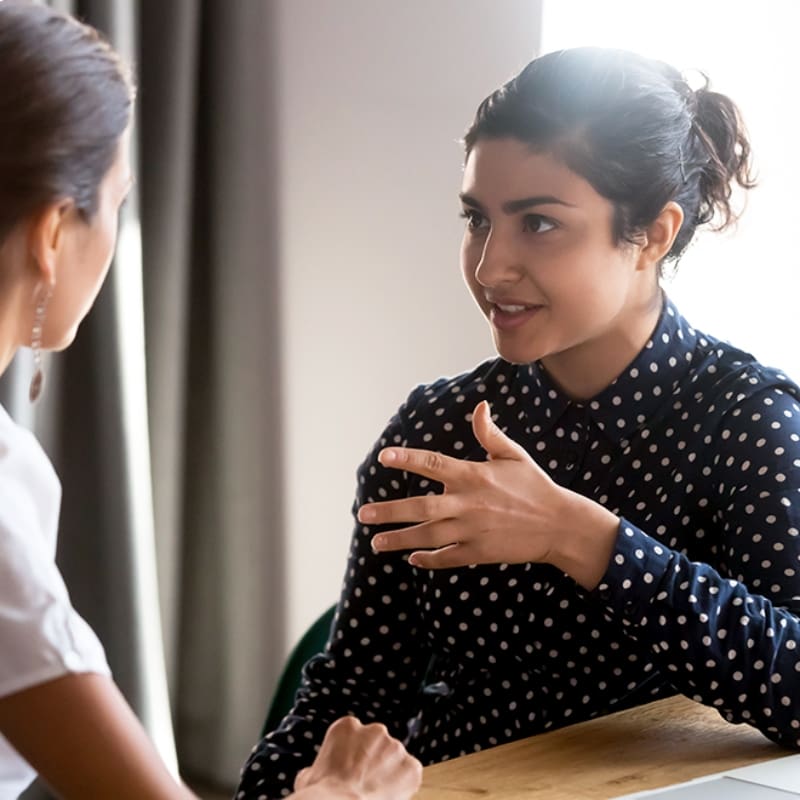Crucial First Steps After a Cancer Diagnosis

You hear the dreaded words, “you have cancer” and the world stops. You cannot catch your breath. You are waiting to awaken from the nightmare. This declaration is followed by the seemingly distant drone of a physician’s voice, quoting statistics, chemotherapy, radiation, and surgery plans. A vocabulary you never heard before. You immediately feel you have to start googling for information. You leave the office or hang up the phone with paperwork, requisitions for lab test ands and a series of imaging appointments to be scheduled. You do not recall anything before time stood still. Perhaps it was not such a shock. After all, you mother, your sister, your aunts, grandparents, and cousins have all had cancer. It was a matter of time. But somewhere in the back of your mind, you always thought you would be spared. Or perhaps the timebomb was ticking. You already knew you carried a gene mutation.
A diagnosis of cancer is overwhelming and elicits many emotions. It is important to acknowledge your feelings and recruit a support system of family and friends. You may feel sadness, anger, fear, or all of them. It is normal. It is important to know you are not alone. It is also easy to fall into the trap of laying blame, especially blaming yourself. “I should have exercised more, eaten better, gone to my doctor more regularly.” The point is that you did not “do it to yourself” and this kind of self-blame is not productive.
Self-care is of paramount importance when diagnosed. You need to be prepared to go into battle, so you need to be your strongest self. That means acknowledging your feelings and getting the help you need to manage them. Rely on friends, family, and mental health professionals. It is a sign of strength, not weakness, to recognize that a cancer diagnosis takes a village to help. In medicine we talk about a multidisciplinary team: the surgeon, the medical oncologist, the radiation oncologist, psychiatrist, physical therapist, nutritionist and more. You need that surrounding you at home too: someone to drive you to appointments, someone to cook, a babysitter, someone to clean.
Your doctor will recommend next steps. A natural response is to Google the physicians to whom you are referred. Ultimately, you will find that there are many “best doctors” for your diagnosis and you may start second-guessing your choices. So, stop Googling! If you trust your doctor, trust that he/she is referring you to someone they know and like. Where you want to be treated is important too – how far from home, insurance (a reality we need to deal with), reputation, etc. Perhaps one of your friends or family members knows a doctor or a friend who has had the same diagnosis.
When I have to give “bad news” to a patient I am cognizant of many factors. I try to avoid Friday afternoons since the weekend does not allow immediate planning and the patient can feel very isolated. Weekdays allow arrangements to be made. I try to already have my referrals ready – literally arranged. I usually communicate with colleagues and arrange a tentative appointment so that when I let the patient know the diagnosis, I also have a plan. It makes the patient feel cared for, that everything is in motion and eliminates looking up who to go to and “what if” I do not choose correctly. And I follow up. It is not enough to just refer someone.
